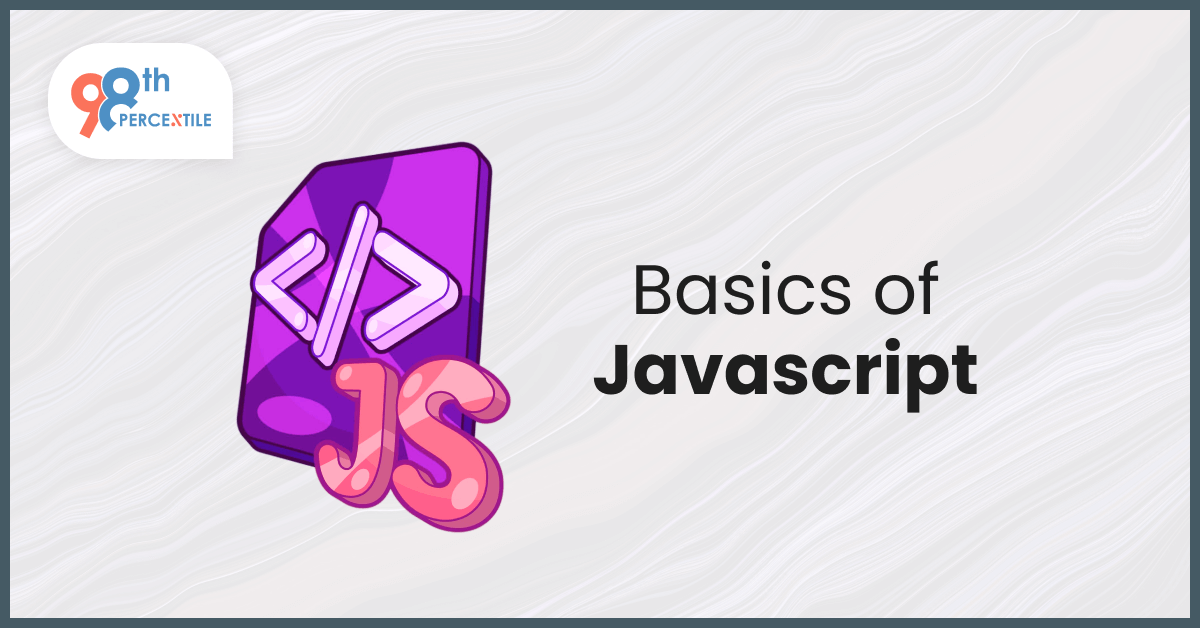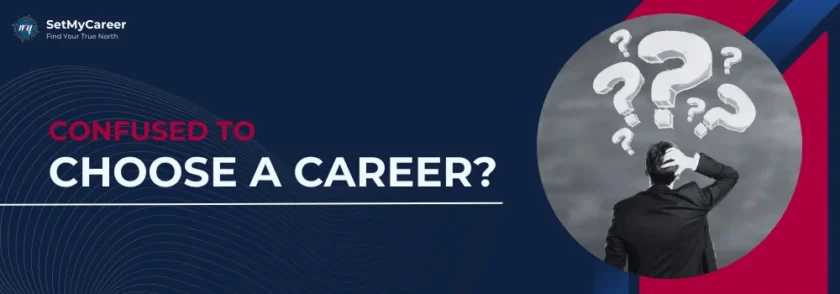The Basics of JavaScript: Making Web Pages Interactive
JavaScript is a powerful programming language that brings interactivity and dynamic behavior to web pages. While HTML structures content and CSS styles it, JavaScript enables features like interactive forms, animations, and real-time updates, enhancing user engagement.
🧠 What Is JavaScript?
JavaScript is the most widely used client-side scripting language on the web. It operates within the browser, allowing developers to create interactive elements without requiring server communication. Common uses include:
-
Form validation
-
Interactive maps
-
Dynamic content updates
-
Animations and visual effects
-
Real-time data displayProfileTree+3Khan Academy+3Wikipedia+3
All major browsers have built-in JavaScript engines that execute code directly on users’ devices, making web applications more responsive and efficient. Wikipedia
🔧 Basic Syntax and Structure
JavaScript code can be embedded directly within HTML or linked as an external file. A simple example:
html
<button onclick="showMessage()">Click Me</button>
<script>
function showMessage() {
alert("Hello, world!");
}
</script>
In this snippet, clicking the button triggers the showMessage function, displaying an alert box.
🧩 Core Concepts
-
Variables: Used to store data values.
javascript
let userName = "Alice";
-
Functions: Blocks of code designed to perform particular tasks.
javascript
function greet(name) {
console.log("Hello, " + name);
}
-
Events: Respond to user interactions like clicks or key presses.
javascript
document.getElementById("myButton").addEventListener("click", greet);
-
DOM Manipulation: JavaScript can access and modify HTML elements, enabling dynamic content updates.
javascript
document.getElementById("demo").innerText = "Updated content";
These concepts form the foundation for creating interactive web experiences.
🎓 Learning Resources
To deepen your understanding of JavaScript and its applications:
-
MDN Web Docs: Comprehensive tutorials and references.
-
W3Schools: Interactive examples and exercises.
-
Codecademy: Structured courses with hands-on projects.
-
Khan Academy: Beginner-friendly lessons on HTML, CSS, and JavaScript.
📺 Visual Learning
For a quick visual introduction to JavaScript:
By mastering JavaScript, you can transform static web pages into dynamic, user-friendly applications. Start experimenting with code snippets, and explore the resources above to enhance your skills.






